The views expressed in our content reflect individual perspectives and do not represent the authoritative views of the Baha'i Faith.
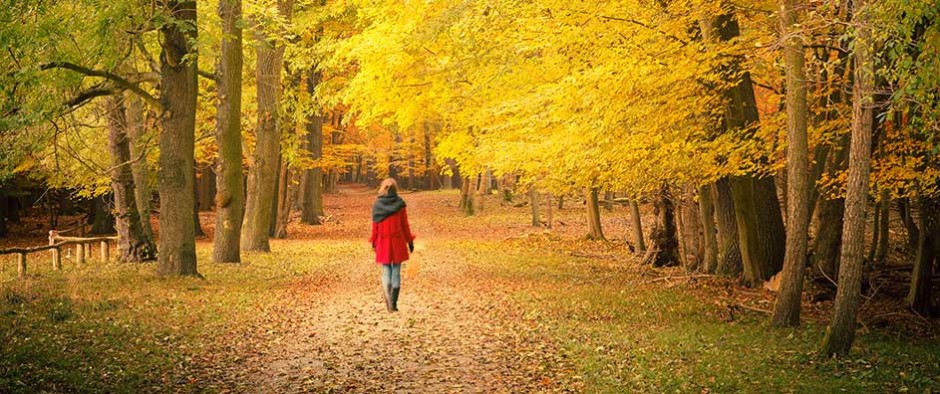
I give a lot of talks about the Baha’i Faith to groups of people in my area, focusing on principles such as gender equality, race unity, the elimination of prejudice, and peacemaking. Inevitably, someone asks “Sounds wonderful, but what exactly are Baha’is doing to put these principles into action?”
A worldwide faith community with members in every region across the globe, the Baha’i Faith works at an international level to promote justice, equality, and human rights. For example, the Baha’i International Community functions as a non-governmental organization (NGO) with an office at the United Nations in New York. Representatives of the Faith advocate for efforts to ratify United Nations human rights treaties, including conventions on genocide, torture, racial discrimination and the rights of women and children.

Baha’i-inspired nonprofit organizations also strive to put Baha’i ideals into action. For example, Full-Circle Learning (FCL), a global educational organization, helps young people in Africa, Asia, Latin America, the South Pacific and the US to become skilled humanitarians. FCL schools around the world integrate, develop and apply students’ virtues, scholarly capacities, artistic talents, and peacemaking skills, in projects that benefit the well-being of humanity and contribute to local community transformation. For example, an African fourth grade class studied the habit of farsightedness, as well as the science of electricity. They approached the mayor to offer their help in bringing electricity to their village, inspiring him to make this his goal. This project-based approach to education encourages students and teachers to become agents of change and servants to the global human family.
Another Baha’i-inspired organization, the Tahirih Justice Center (TJC) in Virginia, provides legal support for women seeking refuge from gender-based persecution. The case of Fauziya Kassindja from Togo, West Africa, (documented in her book Do They Hear You When You Cry), began when she fled an arranged marriage and ritual circumcision, only to end up in a US prison. With the help of Layli Muro-Miller, a Baha’i law student who founded TJC, and Karen Musalo, acting director of the American University International Human Rights Clinic, Fauziya Kassindja was granted asylum in 1996 by a landmark court decision.
Baha’is care about the rights of religious minorities of all faiths, but we have a special responsibility to advocate for our co-religionists in Iran and other Muslim countries, who face persecution, imprisonment, human rights violations, and in so many cases death for their beliefs. Following the 1979 Islamic Revolution in Iran, for example, fundamentalist Iranian authorities renewed historic efforts to destroy the country’s Baha’i community — since then a total of 221 Iranian Baha’is have been executed, “disappeared” or killed for their beliefs. Thousands more have been wrongfully imprisoned, fired from government posts, barred from pursuing higher education, or had personal property confiscated or destroyed. Baha’i institutions and individuals have been successful, however, in bringing these abuses to the attention of sympathetic organizations such as Amnesty International, as well as governments of countries that value religious freedom.
Many Baha’i activities occur in cooperation with other faith groups because, from the Baha’i point of view, fellowship and cooperation with other faith groups actually represents a sacred obligation. For instance, the Baha’is worked closely with B’nai B’rith Women and the Lutheran Office for Governmental Affairs for the ratification of the UN Convention on the Elimination of all Forms of Prejudice against Women (CEDAW). We also participate in interfaith organizations all around the world. In Southern California (where I live), Baha’is work with numerous interfaith boards on service projects, inter-religious celebrations, youth-oriented programs, and efforts to promote spirituality, public service and mutual understanding. One of my favorite projects is SoulPancake, a book, website, and online community that encourages spiritual and artistic expression and dialogue while also serving groups such as the homeless.
At the local level, through Baha’i neighborhood children’s and junior youth classes that emphasize and model social service, we strive to raise up a prejudice-free generation devoted to improving conditions for all people. Through our spiritual education classes for adults, we encourage an ethic of service in those who thirst for meaning in their lives. Through our regular devotional meetings that promote prayerful communion with God and respect for the teachings of all religions, we reinforce spiritual values and promote service in our own lives and the lives of others.
The Baha’i Scriptures ask us all to work for justice and equality, with unity as the ultimate goal. As Baha’u’llah says:
The purpose of justice is the appearance of unity among men. – Tablets of Baha’u’llah, pp. 66-67.
The Baha’i Faith has generated a global effort to make the world anew and unify humanity. We always seek allies and partners in these efforts — and we hope that like-minded people will join us in this sacred, altruistic and humanitarian work.



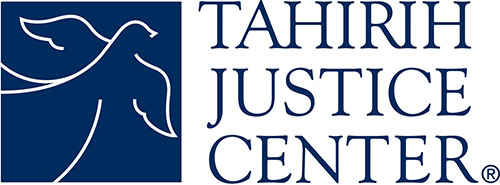
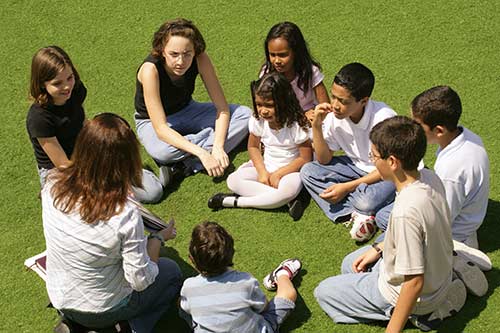


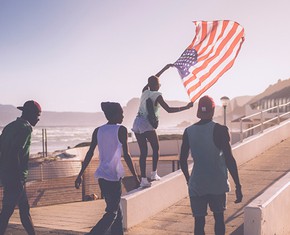
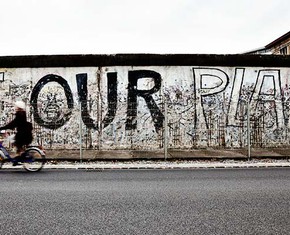









Comments
Sign in or create an account
Continue with Googleor